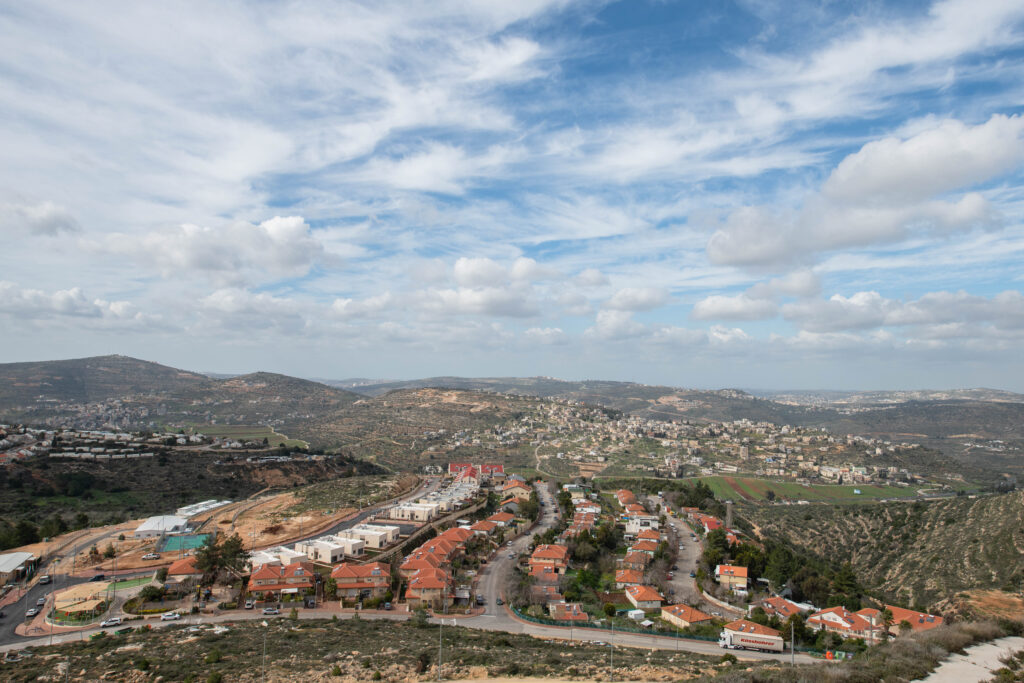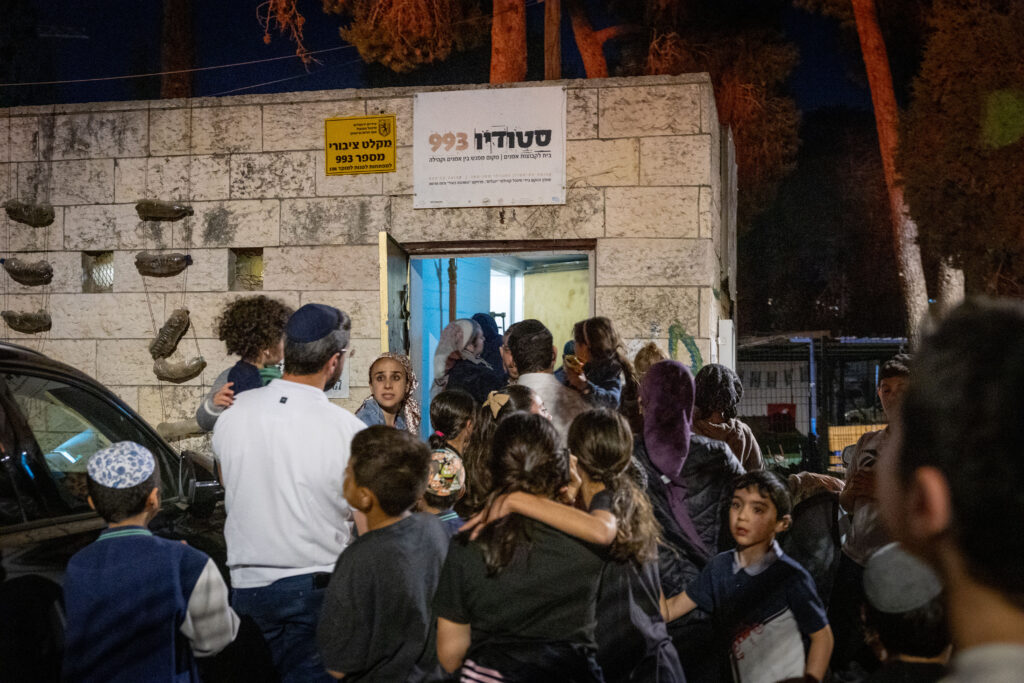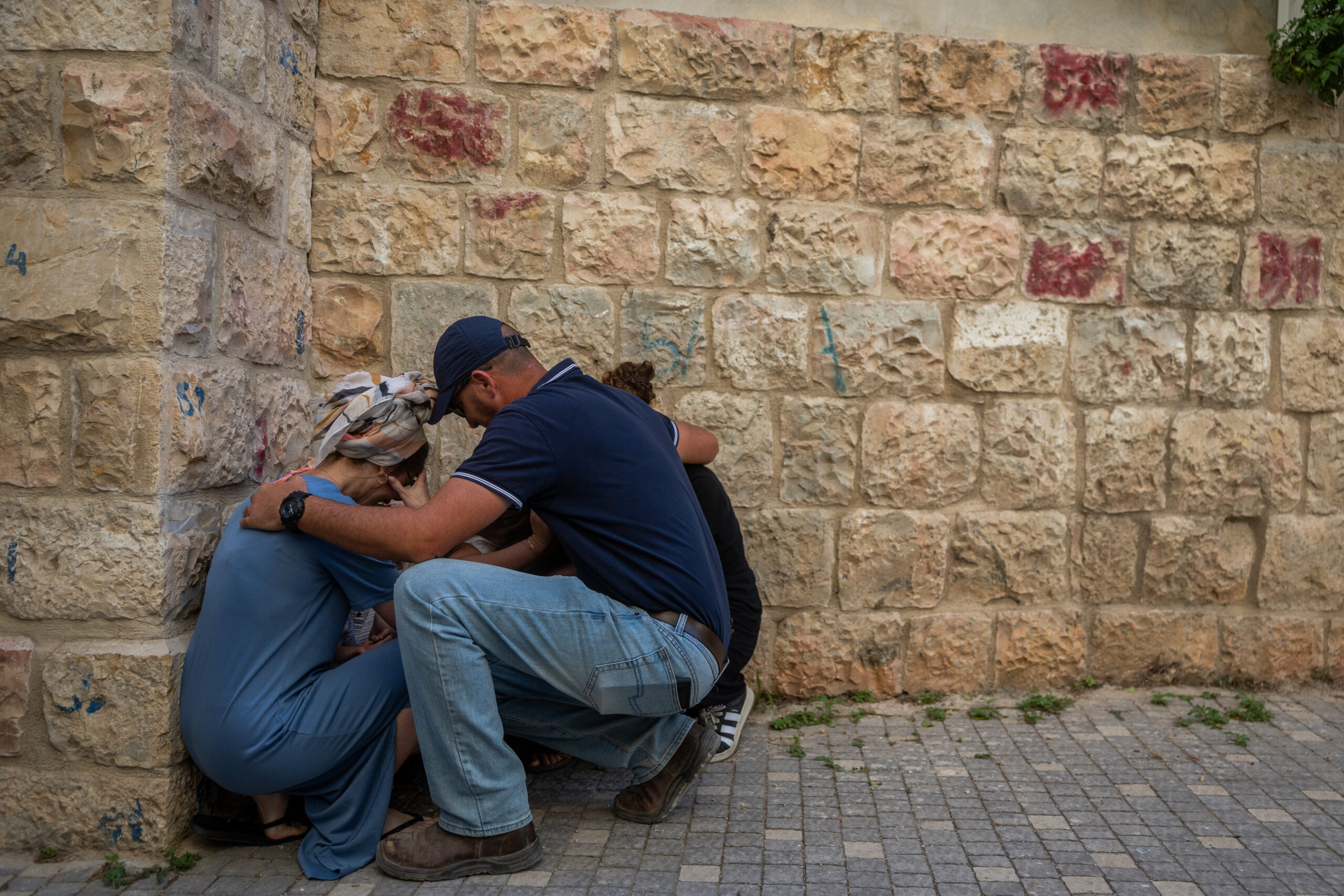Israel Approves Over 1,000 New Homes in Eli Following Deadly Attacks
The Israeli government has officially approved the construction of more than 1,000 new housing units in the Samarian community of Eli, a move that will nearly double its current size. This expansion comes in the wake of two terror attacks at the community’s gas station over the past two years.
According to the Binyamin Regional Council, the final green light was granted after extensive planning and deliberations, including the resolution of several objections. Council head Israel Ganz credited the approval to the dedicated efforts of Finance Minister Bezalel Smotrich and his staff.
The new housing will include 414 units in the Nof Harim and Hayovel neighborhoods, with an additional 650 set for the Nofei Eliraz neighborhood. Authorities are also working toward authorization for another 347 units in Eli’s Palgei Mayim neighborhood.
The gas station on Route 60, which serves the Eli community, has been the site of deadly violence twice: in June 2023, Hamas gunmen killed four Israelis, including two teenagers; a second attack in February 2024 claimed two more lives, one of them a 16-year-old.

Ganz expressed hope that this development would mark a new chapter for the town, stating, “May we continue to hear good news and see the flourishing of our land.”
This decision follows the Israeli Security Cabinet’s recent authorization of 22 new Jewish communities across Judea and Samaria. Some are newly proposed, while others had previously existed as unauthorized outposts. The move marks a significant policy shift, particularly in northern Samaria, where settlement activity had been curtailed since the 2005 disengagement.
Minister Smotrich, who played a central role in the Cabinet decision, described it as “a historic step toward strengthening Israel’s eastern flank,” emphasizing that expanding settlements is central to the country’s long-term security and vision.
Meanwhile, Israeli officials have issued warnings to several European governments that unilateral recognition of a Palestinian state could prompt Israel to annex parts of Area C in Judea and Samaria and officially recognize certain outposts. Foreign Minister Gideon Sa’ar reportedly told European counterparts that Israeli responses would be swift and unilateral in kind.
Jerusalem Resident Arrested Over Alleged Espionage for Iran
Israeli authorities have arrested a man from eastern Jerusalem accused of working with Iranian intelligence to conduct espionage and plan potential terror attacks within Israel.
The suspect, a man in his 30s from the Issawiya neighborhood, was detained in a joint operation by the Shin Bet and the Jerusalem District Police. Investigators say the individual had been recruited by Iranian agents and was tasked with gathering intelligence on key locations, including the Western Wall and Mahane Yehuda market in Jerusalem.
Authorities allege he received several thousand shekels for carrying out assignments, which included hanging anti-Israel banners, burning IDF uniforms, and photographing sensitive sites.
More alarmingly, he is suspected of preparing for more serious acts, such as planning an attack on Jewish civilians, setting forest fires, and transferring weapons to the West Bank. His arrest is believed to have prevented these plots from advancing.
The investigation also revealed attempts to involve his own family members in the activities, allegedly offering them money to assist.
In a video message today, Hamas leader Ismail Haniyeh thanked #Iran for "not holding back money and weapons" from the militant group.pic.twitter.com/y180lC5QkE
— Kian Sharifi (@KianSharifi) May 21, 2021
During a search of his residence, law enforcement recovered cash, spray paint, airsoft pistols, and what is believed to be illegal drugs.
This case is part of a broader pattern in which Iranian operatives are accused of attempting to recruit Israelis for espionage and subversive missions. Other recent arrests include a 23-year-old also from Jerusalem and a group of seven Haifa residents accused of monitoring military sites for Tehran.
One high-profile case involved 73-year-old Moti Maman, who was reportedly smuggled into Iran twice and engaged in discussions on political assassinations and weapons transfers. He received a decade-long prison sentence.
Israeli security agencies warn that Iran continues to use online platforms and messaging apps to lure recruits with promises of cash, posing an ongoing threat to national security.
IDF Intercepts Houthi Missile Aimed at Central Israel
The Israel Defense Forces (IDF) successfully intercepted a ballistic missile launched from Yemen on Tuesday night, the latest in a series of attempted strikes by Iran-backed Houthi militants.
The missile triggered air-raid sirens in several parts of the country, including Tel Aviv and surrounding central areas. The military confirmed that the interception prevented any casualties or significant damage.
This latest incident follows a string of attempted attacks in recent days. Just one night earlier, air-raid sirens were activated across central Israel and the Jerusalem area after another missile was fired at Ben-Gurion International Airport. That projectile was also intercepted by Israeli air defenses.
On Sunday, another missile was downed just before the Jewish holiday of Shavuot, once again sending residents across the country into shelters.

The Houthis, based in Yemen and backed by Iran, have ramped up their attempts to strike Israeli territory since early May. A direct hit near Ben-Gurion Airport on May 4 marked a significant escalation in their efforts.
In response to the rising threat, the Israeli Air Force launched targeted strikes on Houthi infrastructure, including Sana’a International Airport, which reportedly housed their last operational aircraft. That attack followed earlier IDF operations against the same site on May 6.
Defense Minister Israel Katz commented on the strikes, stating, “This is a direct continuation of our policy: any entity that targets Israel will face serious consequences.”






